BUENOS AIRES (Reuters) – The leaders of the world’s largest economic powers on Saturday backed an overhaul of the global body that regulates international trade disputes, ahead of high-stakes talks between U.S. President Donald Trump and Chinese President Xi Jinping aimed at defusing a trade war.
The Group of 20 industrialized nations called for reforms to the crisis-stricken World Trade Organization amid growing global trade tensions, in a final statement from a two-day gathering
in Argentina.
The communique, which was finalized after delegates worked through the night on Friday, recognized trade as an important engine of global growth but made only a passing reference to “the current trade issues,” without providing any details.
“We recognize the contribution that the multilateral trading system has made,” the statement read. “The system is currently falling short of its objectives and there is room for improvement. We therefore support the necessary reform of the WTO to improve its functioning. We will review progress at our next Summit,” it said.
The WTO is on the verge of becoming dysfunctional, just when it is most needed to fulfill its role as umpire in trade disputes and as the watchdog of global commerce.
The United States is unhappy with what it says is the WTO’s failure to hold Beijing to account for not opening up its economy as envisioned when China joined the body in 2001.
To force reform at the WTO, the United States has blocked new appointments to the world’s top trade court. The European Union is also pushing for reform at the WTO.
G20 delegates said that negotiations on the final summit statement proceeded more smoothly than at a meeting of Asian leaders two weeks ago that ended without a consensus thanks to a decision to avoid any reference to protectionism and unfair trading practices.
On climate change, the United States once again marked its differences with the rest of the G20 by reiterating in the statement its decision to withdraw from the Paris Agreement and its commitment to using all energy sources.
The other members of the group reaffirmed their commitment to implement the Paris deal, taking into account their national circumstances and relative capabilities.
“We will continue to tackle climate change, while promoting sustainable development and economic growth,” the statement said.
With the United States and China locked in growing disputes over commerce and security that have raised questions about the future of their relationship, global financial markets next week will take their lead from the outcome of talks between Trump and Xi over dinner on Saturday.
The first day of the G20 summit offered glimmers of hope for progress between Washington and Beijing despite Trump’s earlier threat of new tariffs, which would increase tensions already weighing on the growth of the global economy.
But ahead of what is seen as the most important meeting of U.S. and Chinese leaders in years, both sides said differences remained, and the outcome of the talks were uncertain.
This year’s summit has proved to be a major test for the G20, whose leaders first met in 2008 to help rescue the global economy from the worst financial crisis in seven decades.
With a rise in nationalist sentiment in many countries, the group, which accounts for two-thirds of the global population and 85 percent of the global economy, faces doubts over its ability to deal with trade tensions and other geopolitical differences among its members.
Apart from trade and climate change, Russia’s seizure of Ukrainian vessels has drawn condemnation from other G20 members, while the presence of Crown Prince Mohammed bin Salman at the summit has raised an awkward dilemma for leaders.
Saudi Arabia’s de facto ruler, who arrived amid controversy over the murder of Saudi journalist Jamal Khashoggi, has been ignored by other leaders at public events, although he has had a series of bilateral meetings with them in private.
Saudi Arabia has said the prince had no prior knowledge of the murder.
TEST OF TRUMP-XI CHEMISTRY
The trade battle between the United States and China has loomed larger over the G20 talks. Washington and Beijing have imposed tariffs on hundreds of billions of dollars on each other’s imports after Trump began an effort to correct what he views as China’s unfair commercial practices.
Saturday’s talks will be a test of the personal chemistry between the two leaders, which Trump has hailed as a warm friendship.
The U.S. leader was coy on Friday even as he noted some positive signs.
“We’re working very hard. If we could make a deal that would be good. I think they want to. I think we’d like to. We’ll see,” he said.
A Chinese foreign ministry official in Buenos Aires said there were signs of increasing consensus ahead of the discussions but that differences persisted.
Beijing hopes to persuade Trump to abandon plans to hike tariffs on $200 billion of Chinese goods to 25 percent in January, from 10 percent at present. Trump has threatened to go ahead with that and possibly add tariffs on $267 billion of imports if there is no progress in the talks.
Trump has long railed against China’s trade surplus with the United States and Washington accuses Beijing of not playing fairly on trade. China calls the United States protectionist and has resisted what it views as attempts to intimidate it.
The two countries are also at odds militarily over China’s extensive claims in the South China Sea and U.S. warship movements through the highly sensitive Taiwan Strait.
On Friday, Xi and leaders from the BRICS group of leading emerging economies – Brazil, Russia, India, China and South Africa – called in a statement for open international trade and a strengthening of the WTO.
Reporting by Roberta Rampton, Michael Martina, Matt Spetalnick, Maximilian Heath, Scott Squires, Cassandra Garrison, Daniel Flynn and Kylie Maclellan in Buenos Aires; Writing by Matt Spetalnick and Daniel Flynn, Editing by Ross Colvin and Alistair Bell

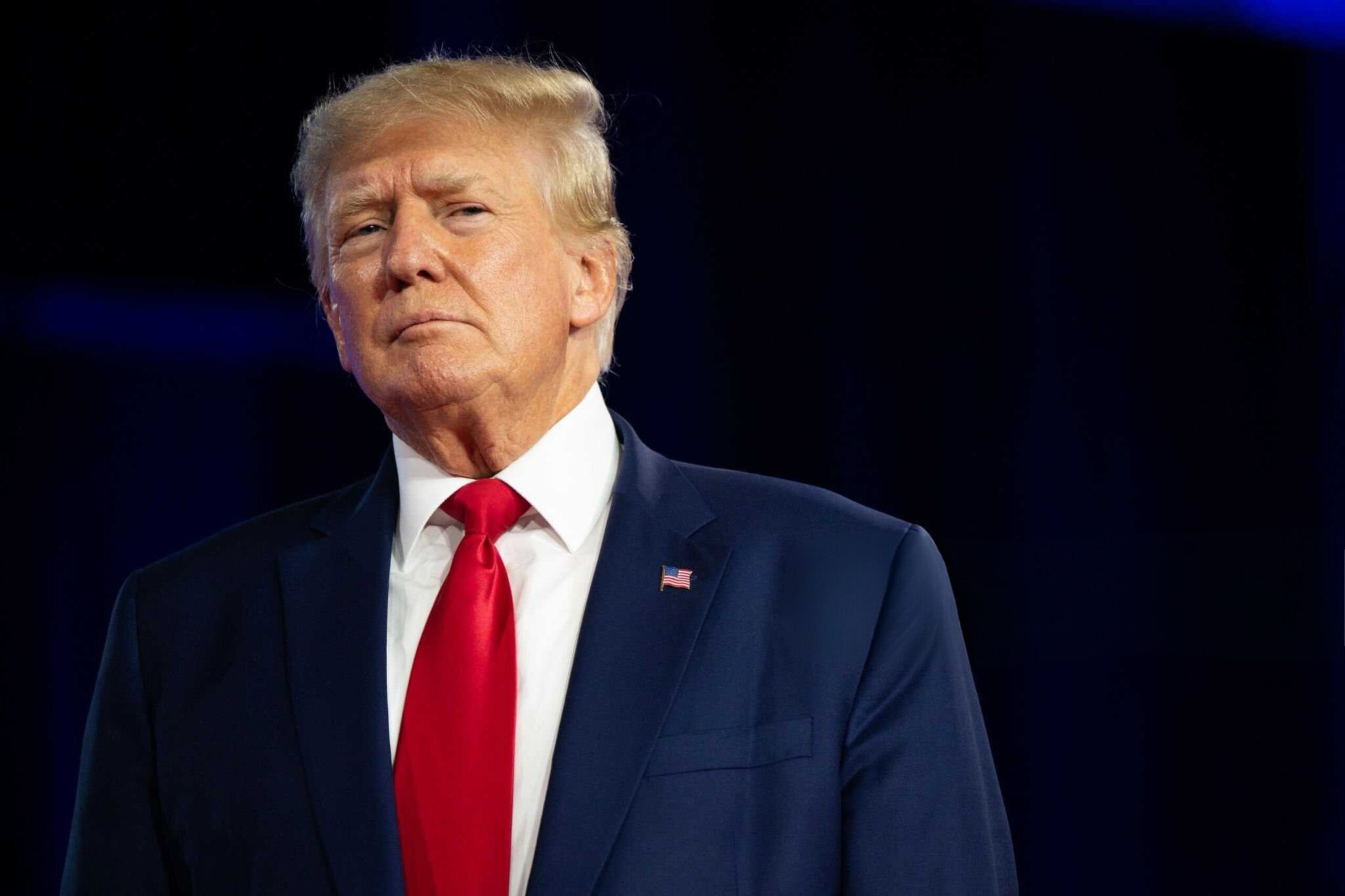
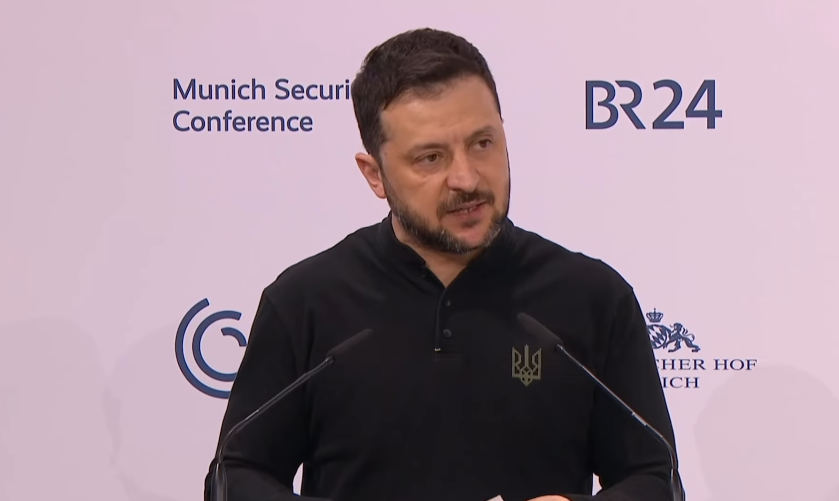
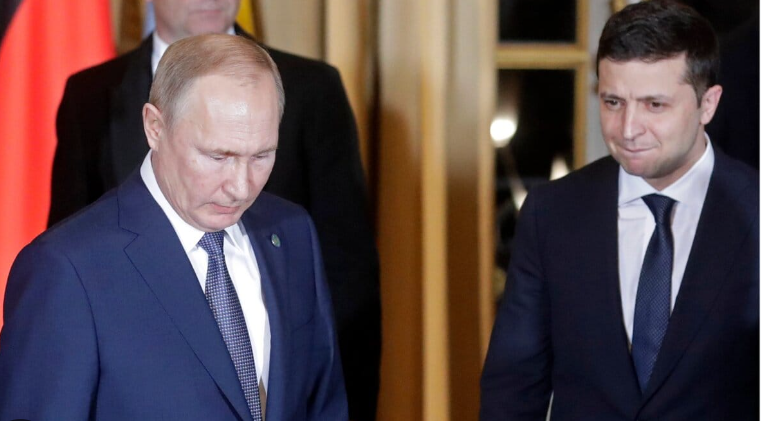
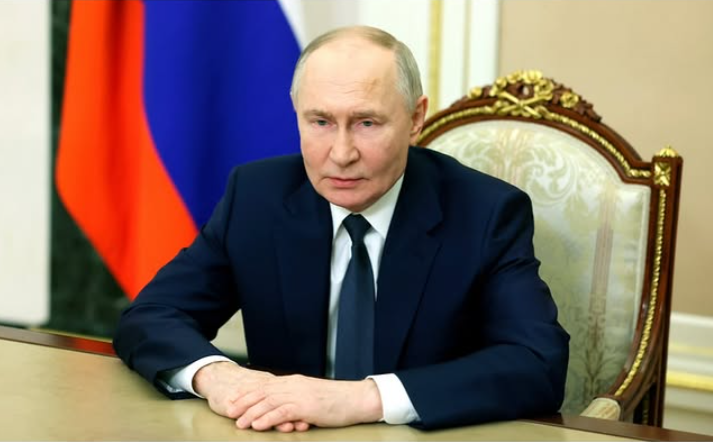
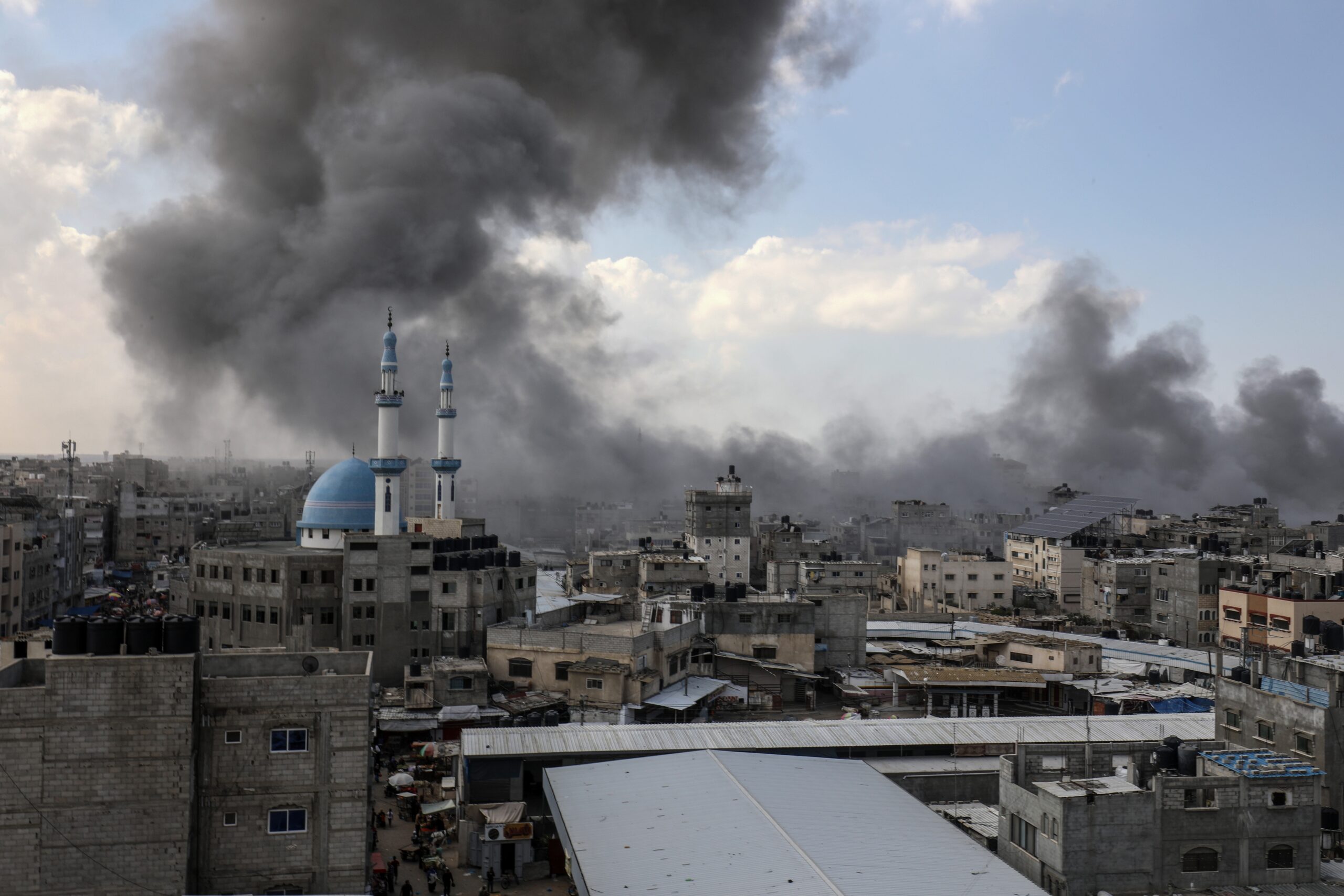
Leave a Reply